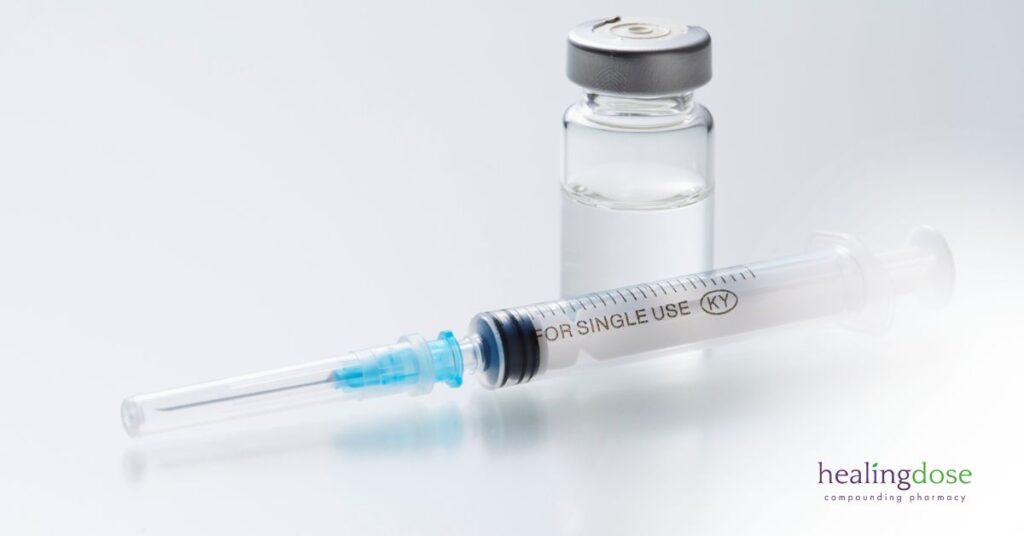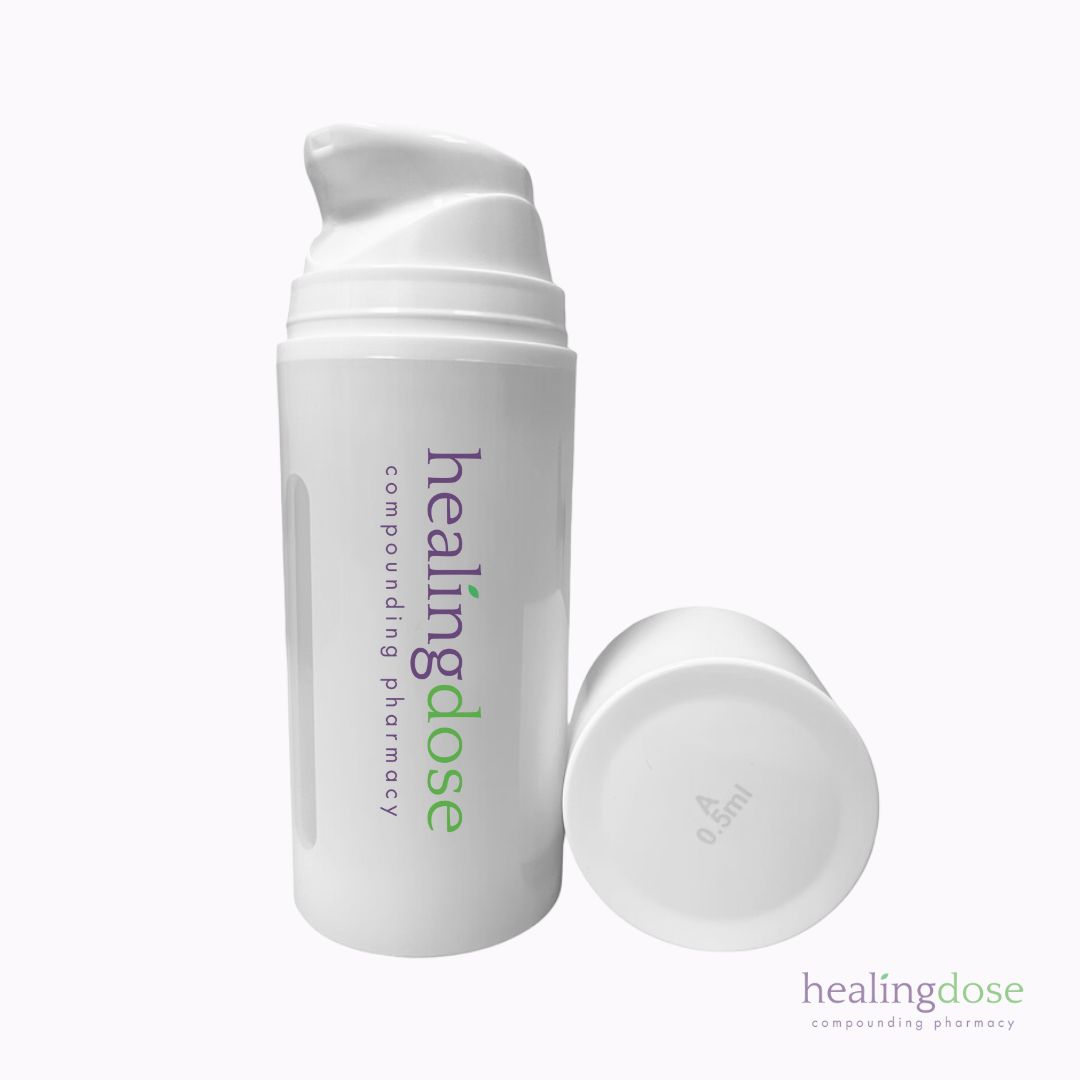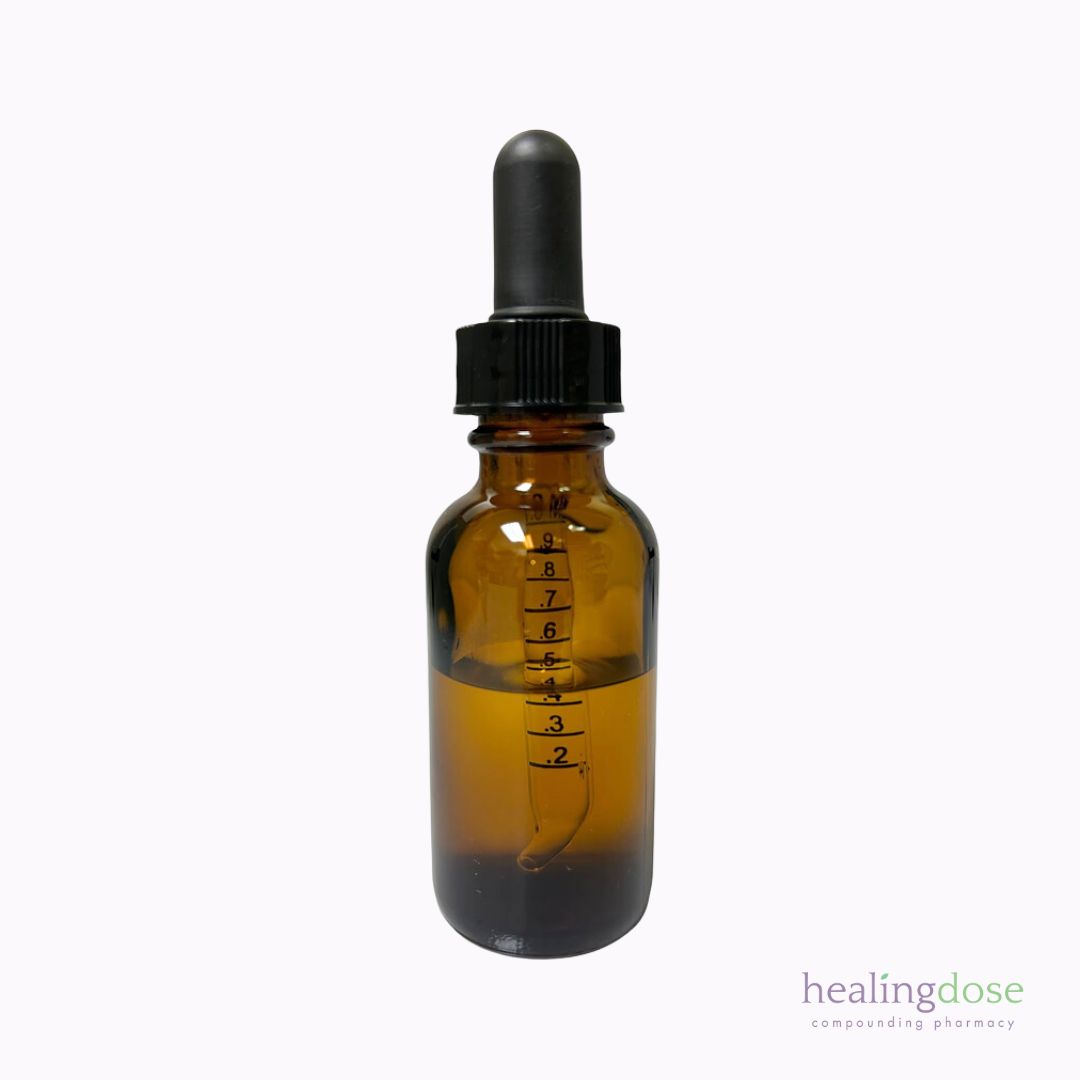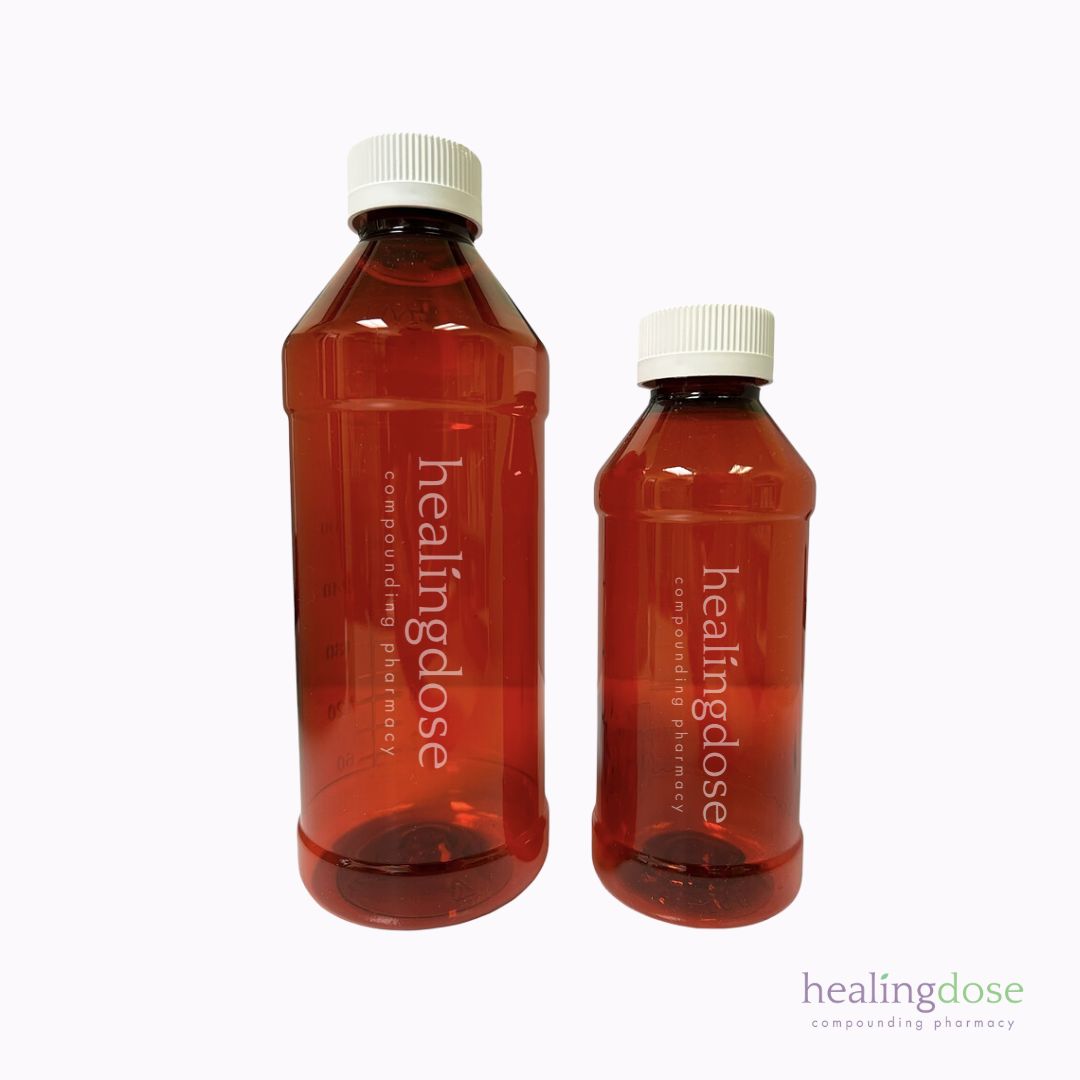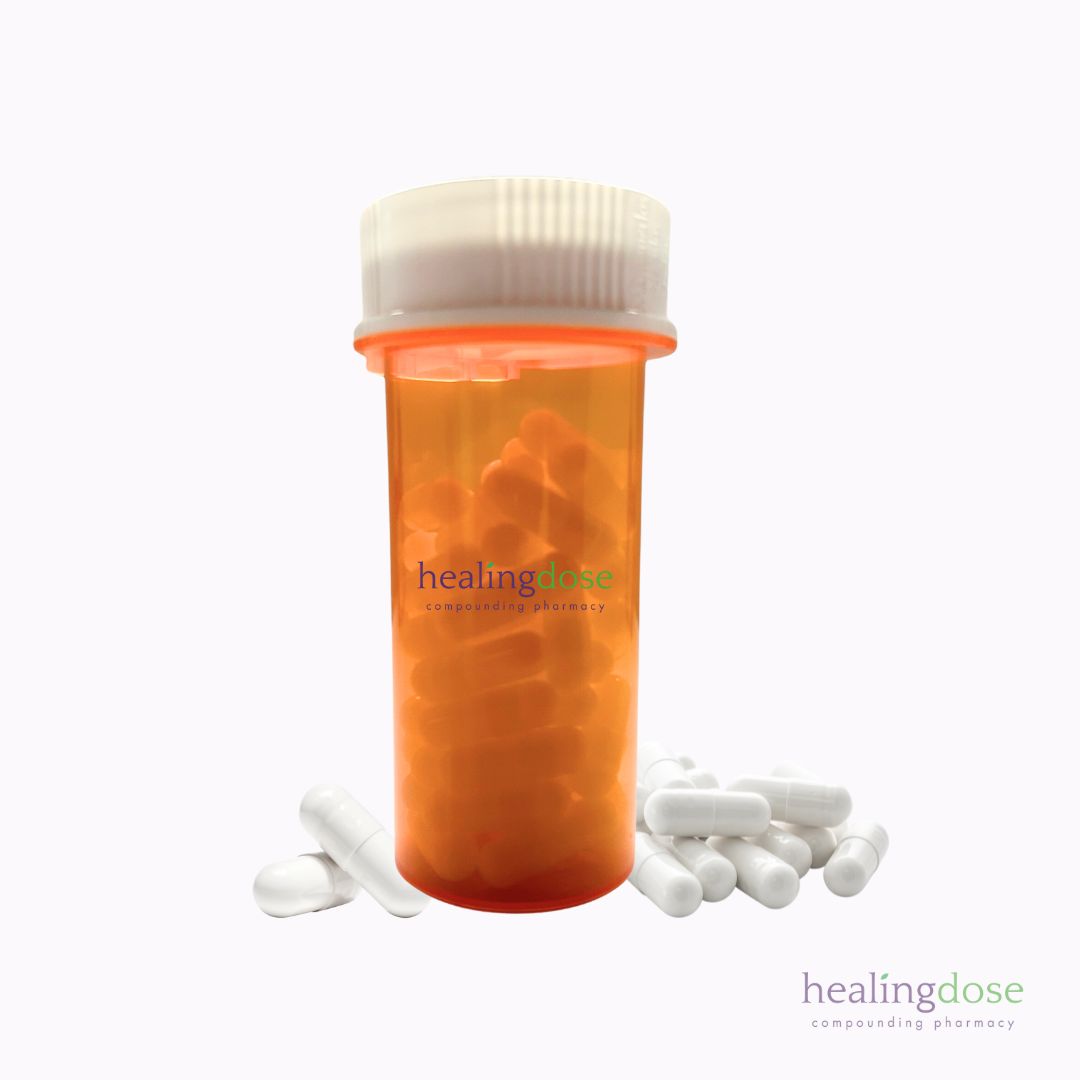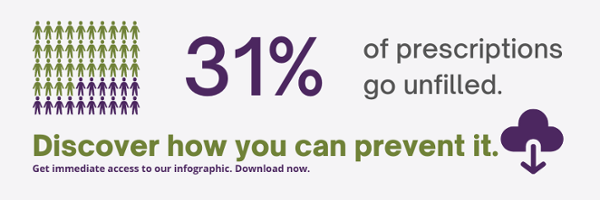What is Low Dose Naltrexone or LDN?
What if there was one drug that could treat it all?
It seems to be that way with Low Dose Naltrexone (LDN).
According to the LDN Research Trust, LDN is an opioid receptor antagonist that acts as an anti-inflammatory for the central and peripheral nervous system. The drug can be used to treat a wide variety of diseases in which individuals do not naturally produce an adequate level of endorphins.
Endorphins are produced by the body to carry signals across synapses in the nervous system and promote cell growth throughout the body. LDN works to block opioid receptors that absorb endorphins, further increasing the endorphin level of individuals with pre-existing conditions.
Naltrexone is comprised of two different molecule shapes. One shape attaches itself to the existing immune cells to stimulate growth, while the other binds to opioid receptors. Once the receptors are blocked, LDN increases the production of endorphins and controls the immune responses of the surrounding cells.
The drug was first applied clinically by Dr. Bernard Bihari while treating individuals with HIV and opioid addictions in the 1980s. He began to notice how LDN was producing positive side effects for their other symptoms and ailments. As a competitive receptor antagonist, LDN leads to higher respiratory function while eliminating analgesia, particularly in those with autoimmune diseases.
What can be treated with LDN?
According to studies reviewed in the Medical Sciences Journal of the Multidisciplinary Digital Publishing Institute (MDPI), LDN was able to reduce spasticity in those with multiple sclerosis, decrease the disease activity of Crohn’s Disease while aiding in remission, along with slowing the growth of cancer cells.
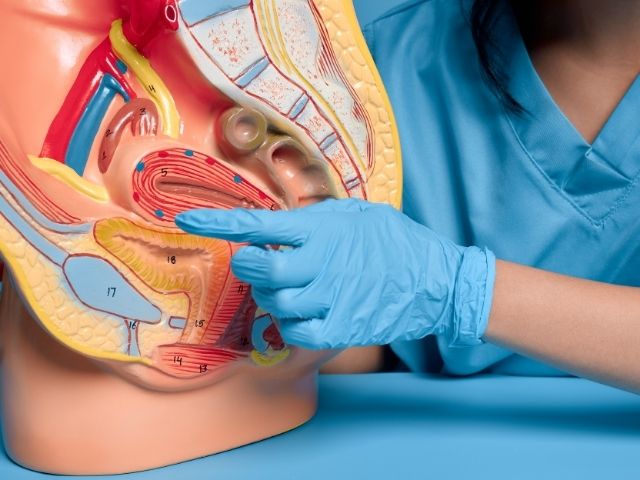
While the standard dose of Naltrexone (50-100 mg) is primarily used for the clinical aid in alcohol and opioid abuse, LDN (1-5 mg) can aid in the treatment of autoimmune disorders and cancers, as well as psychological disorders.
The LDN Research Trust includes an extensive list of conditions that could benefit from the use of LDN including:
- Dermatologic Diseases: anti-synthetase syndrome, atopic dermatitis, eczema,
endocrine diseases - Gastrointestinal Diseases: celiac disease, Crohn’s disease, inflammatory bowel disease, ulcerative colitis
- Hemotoglic Disorders: autoimmune hemolytic anemia, Castleman’s disease – lymph node hyperplasia, pure red cell aplasia
- Malignancies/Cancers: breast cancer, esophageal carcinoma, ovarian cancer, renal cell carcinoma
- Neurologic Diseases: cranial arteritis, Parkinson’s disease, restless leg syndrome
- Pediatric Disorders: Lupus, juvenile idiopathic rheumatoid arthritis, type-1 diabetes
- Psychological Disorders: General Anxiety Disorder (GAD), Obsessive-Compulsive Disorder (OCD), Post-Traumatic Stress Disorder (PTSD)
- Rheumatologic Disorders: fibromyalgia, mixed connective tissue disease, psoriatic arthritis, rheumatoid fever
- Women’s Health: endometriosis, Polycystic Ovary Syndrome (PCOS), infertility
How is LDN administered?
LDN is most commonly administered as an oral liquid formula using a baby oral syringe. It is also available as capsules, tablets, sublingual drops, and topical ointment depending on the dosage.
Managing Side Effects
There have been minimal side effects reported while taking LDN. In the studies reviewed by the MDPI, participants reported disturbances in their sleep and vivid dreams. After these were reported, the dosage times of the participants were changed from the evening hours to the morning. The LDN Research Trust additionally stated that mild gastrointestinal issues have also been reported. The limited information on possible side effects is due to the lack of long-term research studies conducted on LDN.
- Sleep Disturbances: May include vivid dreams or difficulty sleeping, often subsiding in a few weeks.
- Digestive Discomfort: Mild nausea or stomach upset during the initial stages.
- Headaches: Typically mild and transient but should be discussed with a healthcare provider if persistent.
Customized Dosages for Optimal Results
At HDRx, we collaborate closely with healthcare providers to ensure precise dosing:
- Starting Doses: Often begin as low as 0.5 mg, titrating up weekly based on patient comfort and therapeutic response.
- Forms Available: Capsules, liquid solutions, and sublingual drops.
HDRx: Your Trusted LDN Pharmacy
Would you like additional details or resources to share with your patients? Let us know!

